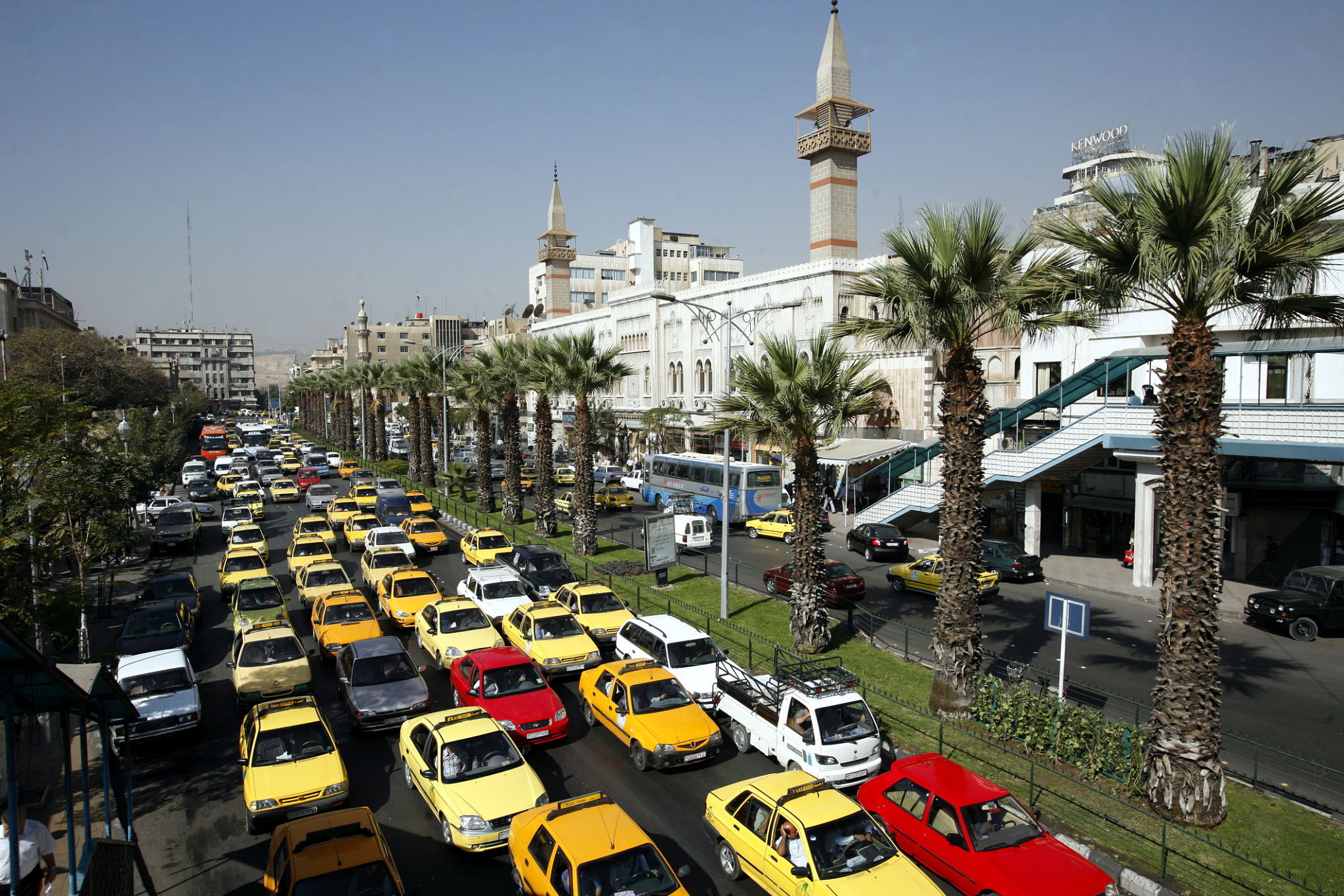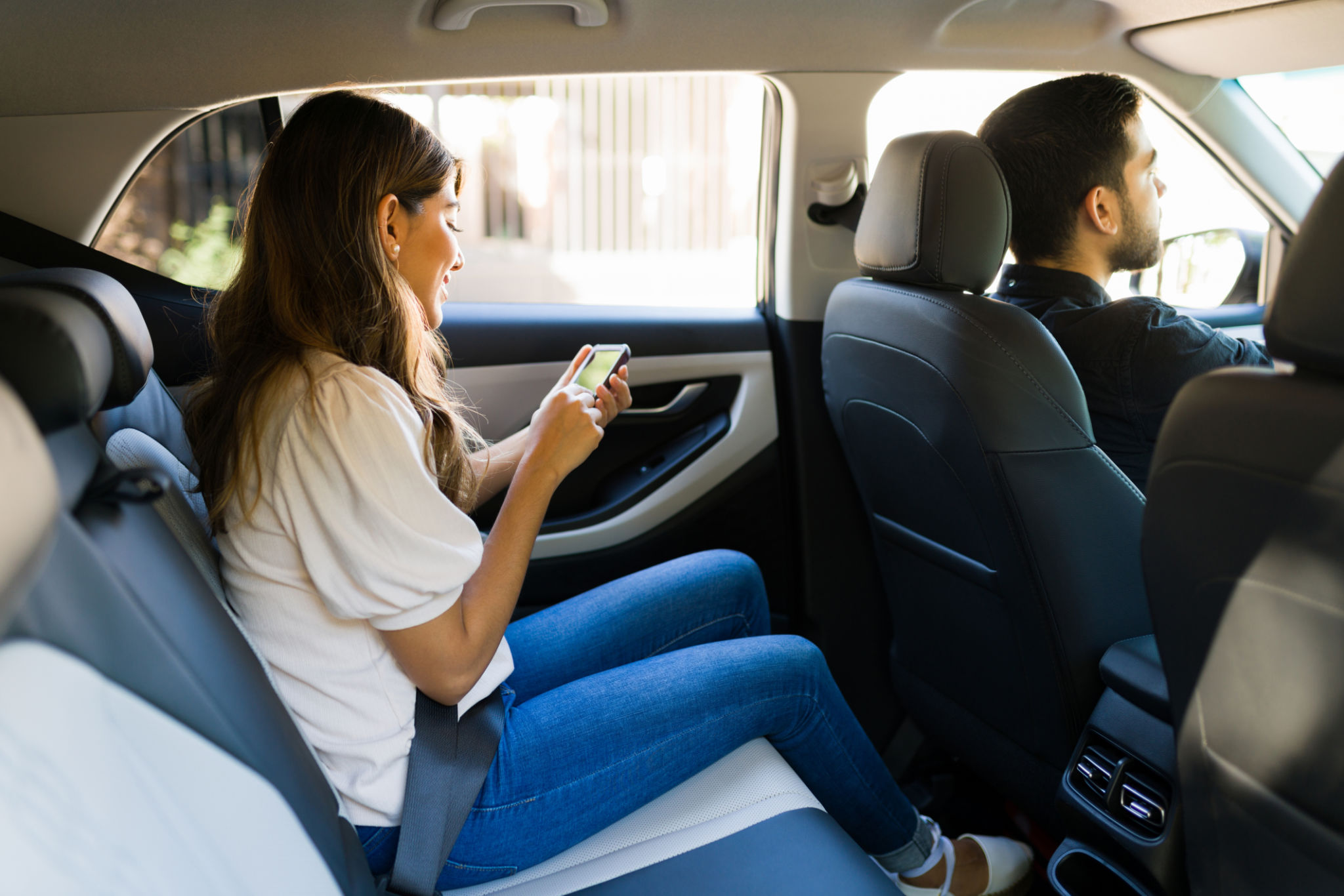Alternatives to Traffic Jams in Central Damascus: Public Transport and Carpooling
Understanding the Traffic Woes of Central Damascus
Central Damascus is known for its rich history and vibrant culture, but like many urban centers, it faces significant traffic congestion. The bustling streets can turn a simple commute into a prolonged ordeal, leading to frustration for residents and visitors alike. As the city continues to grow, finding efficient alternatives to mitigate traffic jams has become a priority.
Fortunately, there are viable solutions to help ease the congestion. By embracing public transport and carpooling, the residents of Damascus can enjoy a more efficient and eco-friendly way to navigate the city.

The Advantages of Public Transport
Public transport systems offer a reliable alternative to private vehicles, reducing the number of cars on the road. In Damascus, the public transportation network includes buses and minibuses that connect various parts of the city. These services are not only cost-effective but also alleviate parking challenges and contribute to a decrease in air pollution.
Utilizing public transport can significantly decrease your travel time, as buses often have designated lanes that allow them to bypass traffic jams. Additionally, choosing public transport over driving can lead to substantial savings on fuel and vehicle maintenance costs.

Enhancing the Public Transport Experience
To encourage more people to use public transport in Damascus, improvements can be made to enhance comfort and accessibility. Implementing real-time tracking systems can provide commuters with up-to-date information on bus schedules and routes, making the experience more convenient and predictable.
The Role of Carpooling in Reducing Traffic
Carpooling is another effective strategy to reduce traffic congestion in Central Damascus. By sharing rides with others who have similar routes, individuals can significantly cut down on the number of vehicles on the road. This not only helps decrease traffic but also reduces fuel consumption and emissions.
Organizing carpool groups within communities and workplaces can foster a sense of camaraderie and make commuting more enjoyable. Digital platforms and apps dedicated to carpooling can facilitate connections between potential carpool partners, making the process seamless.

Overcoming Challenges to Carpooling
While carpooling presents numerous benefits, it does come with challenges such as coordinating schedules and ensuring safety. Establishing a set of guidelines and using trusted platforms can help address these concerns. Additionally, incentives such as designated carpool lanes or reduced tolls can encourage more people to participate in carpooling initiatives.
Conclusion: Embracing Sustainable Alternatives
By turning to public transport and carpooling, Damascus can take significant strides in reducing traffic congestion. These solutions not only provide immediate relief but also contribute to long-term sustainability goals by lowering emissions and promoting more harmonious urban living.
Adopting these alternatives requires a collective effort from government bodies, private organizations, and citizens. Together, they can create a more efficient and environmentally friendly transport system that benefits everyone in Central Damascus.